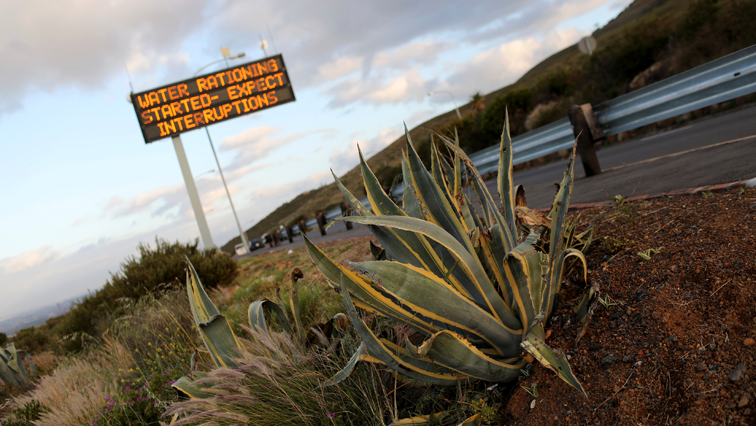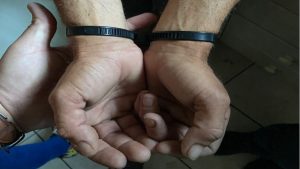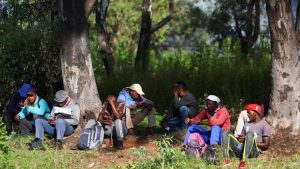As Cape Town draws closer to what the provincial government has labelled Day Zero, the Department of Water Affairs and Sanitation has warned that the Western Cape is not the only province in trouble.
“There is a lot of focus on Western Cape at the moment but the truth of the matter is Eastern Cape is a cause for concern. KwaZulu-Natal is a cause for concern,” says Department of Water Affairs and Sanitation spokesperson Sputnik Ratau.
Ratau says the Western Cape, Eastern Cape and KwaZulu-Natal did not receive sufficient rainfall in the earlier part of the rainy season to last them until the next rainy season.
Dam levels in the Eastern Cape are at an average of just below 60%. In KwaZulu-Natal, dam levels are below at around 50%.
Ratau says the Western Cape has been severely affected because its rainfall is in a different season and also because of consumption patterns.
“Consumption patterns in the Western Cape have continued to be much higher than what is available, not just for now but even to carry them to the next rainy season, this includes all sectors, domestic and industrial,” says Ratau.
He says Day Zero can be avoided if people do what they must do.
Ratau says some provinces have recovered well with Gauteng dams being the fullest at around 94% (see infograph below).
However Ratau says this does not mean those is provinces that have recovered are absolved from changing their water usage patterns.
Ratau says South Africans do not realise that they live in a water scarce country. The average South African average annual rainfall is 450, nearly half the world average. The drought has made the situation worse.
He says South Africans must understand that the country has not yet come out of the regional drought that started nearly four years ago.
“As South Africans we are still consuming commodity like we are a water rich country, as though we are not in a drought. We only have so much available but our consumption levels are still much than where we should be in order for us to go from one rainy season to another.”
Ratau urged South Africans to change to conserve water. He says if South Africans do not change their water consumption there will be trouble.
Ratau has warned against the over use of borehole water as it could have adverse results. Some of the suggestions by authorities on how to save water include, taking shorter showers, and reusing shower and bath water for the toilet.
See the infogragh below for different ways to save water and for more on the water crisis in South Africa.






